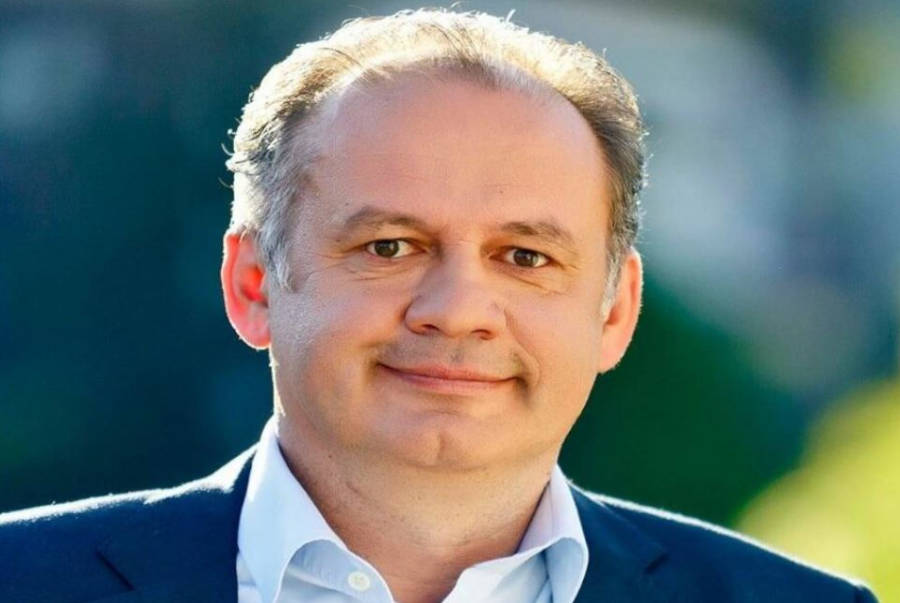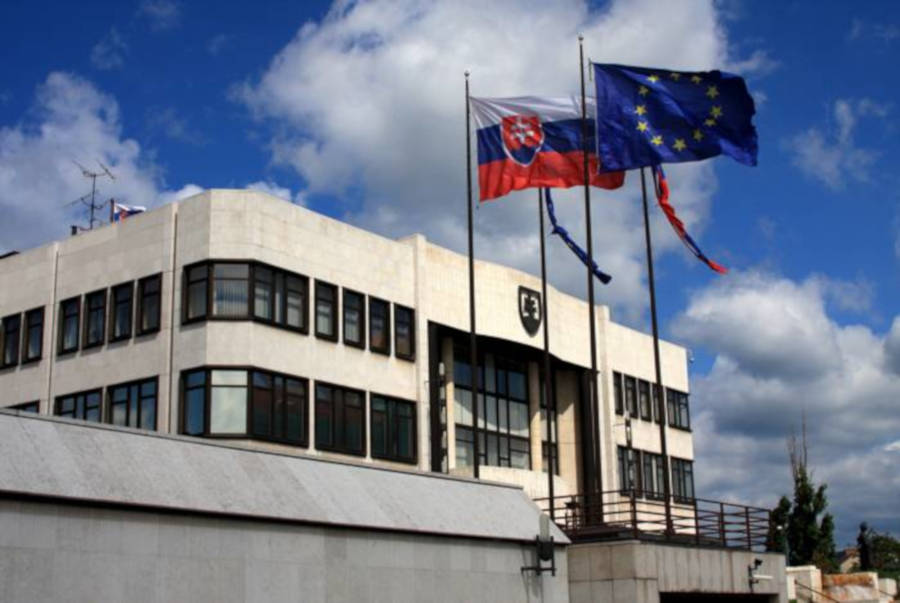- Slovakia’s President vetoes proposed regulatory gambling framework
- Fears over transparency and integrity cited
- Lawmakers need to look for a solution
Restrictive gambling laws in Slovakia may not soon the case, with new salvos of exchanges between lawmakers and President Andreja Kiska. President Kiska is now looking at a stiff opposition.
Slovakia’s Presidential Veto on Gambling Won’t Stick
Slovakia was one of the countries in 2018 to work towards a from-head-to-toe regulatory framework for its gambling industry. The government agreed to elaborate a framework that would allow everyone to benefit from the changes introduced therein, helping business, customers and the state’s coffer.
With a vote that passed on December 4, 2018, the proposed gambling regulation was sent to President Andreja Kiska for ratification. This is the first time since 2005 when Slovakia has decided to change its gambling laws.
The President refused to play his part, citing genuine concerns about the transparency and safety of the bill and the people it would affect.
President Kiska said that the bill failed to outline how it would protect customers and how the self-exclusion scheme would work. Funding to social causes was also muddled in the legalese, the President noted.
Lawmakers have designed the law to conform with active regulation in other European Union member states, including Romania, Denmark, and the recently-regulated Swedish market which became active on January 1, 2019. But the state will need to address this last hurdle before the market truly opens up.
Based on the now vetoed bill, Slovakia will open up its market in July 1, when the first operators will be allowed to start developing their products. Application, though, would start as early as March with actual operations deferred by 2020 at the earliest.
The law is quite comprehensive, though, accounting for the location of gaming venues as well as the allowable number of games that can be found on the premises of such establishments. Casinos wouldn’t be able to operate within 200 meters of schools and hospitals as well.
All gambling machines and table games will have to be relocated to the venues allocated for the purpose.
A Few Final Touches
The rift between lawmakers and President Kiska doesn’t seem significant. By vetoing the bill, the President Kiska signals provisions that need and can be worked through. Funding from the industry is a fair remark.
In most states in the United States, any new bill seeks to outline how precisely any proceedings from gambling would be used to bolster the state’s coffers. Some states have even decided to use legalized poker and sports betting to support their pension funds.
A similar referendum was held in Switzerland in 2018, with Swiss voters deciding to adopt a series of measures safeguarding domestic companies contributing to the pension system of the country, bolstered largely by gambling proceedings.



